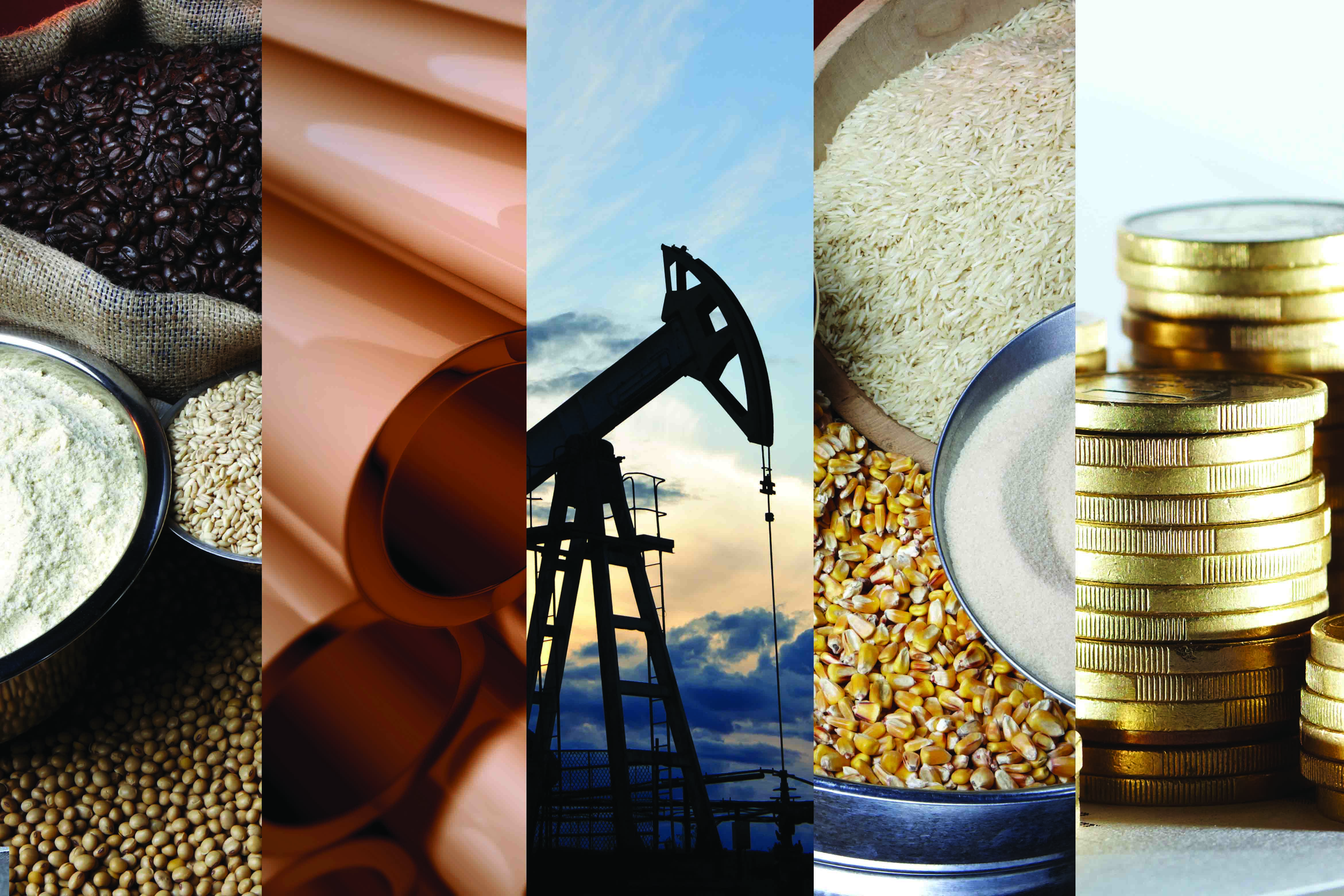In the ever-evolving landscape of financial markets, commodities have long held a prominent position as essential vehicles for investment and risk management. These tangible assets play a pivotal role in global trade and economic growth, offering a unique set of benefits that cater to diverse investor profiles. In this comprehensive article, we delve into the multifaceted advantages of commodities, exploring their historical significance, current applications, and future potential.

Image: eattomorrow.com
Diversification and Risk Mitigation
Commodities offer a valuable means of diversifying investment portfolios and reducing overall risk. Unlike stocks and bonds, which are heavily influenced by macroeconomic factors, commodities are primarily driven by supply and demand dynamics. This lack of correlation with traditional asset classes provides investors with a valuable hedge against market volatility, particularly during periods of economic uncertainty.
Inflation Protection
As tangible assets, commodities have historically served as effective protectors against inflation. When the value of fiat currencies decreases due to rising prices, the purchasing power of commodities tends to increase, preserving the value of investments over the long term. This inflation-hedging characteristic makes commodities an attractive complement to traditional fixed-income assets.
Preservation of Capital
Gold, in particular, has been revered for centuries as a safe haven asset. In times of market turmoil or financial instability, investors often flock to gold as a reliable store of value. Its scarcity and durability have made it a trusted medium for safeguarding wealth during periods of uncertainty.

Image: signalspremium.com
Exposure to Global Markets
Commodities provide investors with exposure to global markets, enabling them to capitalize on economic growth and development in emerging regions. By investing in commodities such as oil, copper, or soybeans, investors can gain access to the growth potential of countries with significant natural resources.
Hedge Against Currency Risks
Commodities are often priced in US dollars, which makes them a natural hedge against currency risks for investors outside the United States. When the value of the US dollar weakens, the prices of commodities increase, potentially offsetting losses in other dollar-denominated assets.
Real-World Applications
Commodities play a vital role in everyday life, serving as essential inputs for various industries and sectors. From the production of food and energy to the manufacturing of electronics and construction materials, commodities are indispensable components of modern economies.
Advancements in Technology
Technological advancements have significantly impacted the commodities market in recent years. Online trading platforms have made it easier for individual investors to access and trade commodities, while improved data analytics and predictive modeling techniques have enhanced market analysis and risk management capabilities.
Ethical Implications
The production and consumption of commodities have important ethical implications related to environmental sustainability and social responsibility. Responsible investing practices consider the environmental impact of commodity extraction, as well as the social conditions and human rights of those involved in the supply chain.
Accessing Commodity Markets
Investors can access commodity markets through various financial instruments, including futures contracts, options, exchange-traded funds (ETFs), and mutual funds. Each instrument offers unique characteristics and risk profiles, allowing investors to tailor their investment strategy to their specific needs.
Main Benefits Of Commodities
Conclusion
Commodities offer a compelling set of benefits for investors seeking diversification, risk mitigation, inflation protection, and exposure to global markets. Their real-world applications, coupled with advances in technology, make commodities an integral part of modern financial markets. Whether as a seasoned investor or a novice seeking new opportunities, an understanding of the multifaceted advantages of commodities can empower you to navigate the complexities of financial markets with greater confidence and success.







